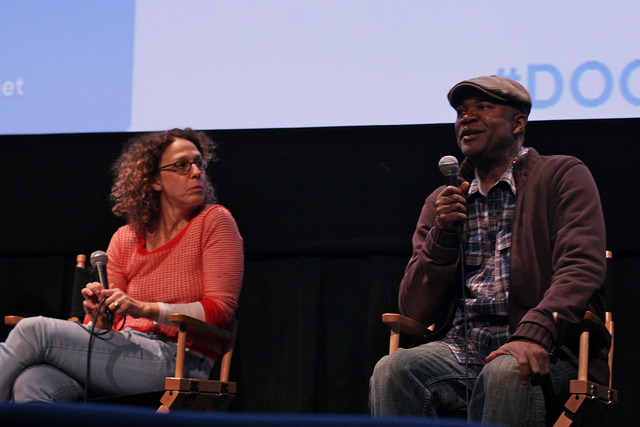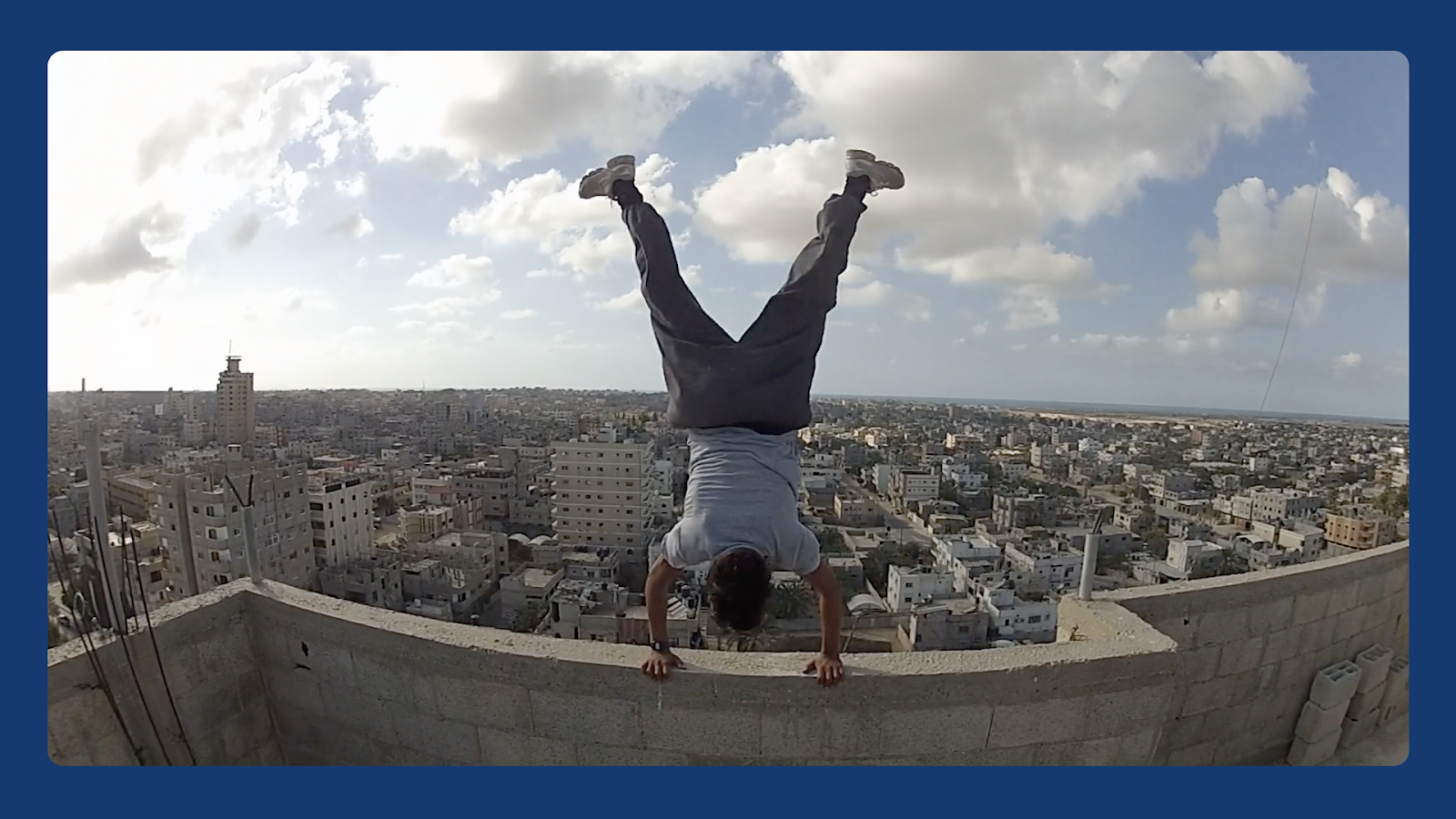Docs That Got Away Panel: Ideas That Were Left Behind

This post was written by DOC NYC blogger Katie Da Cunha Lewin

The DOC NYC panel “Docs That Got Away,” held on Friday, took a look at documentaries that, for different reasons, were not made or finished. Thom Powers, the artistic director of DOC NYC, led the discussion with three filmmakers: Nelson George, director of BROOKLYN BOHEME, shown at last year’s festival; Rachel Grady, director and writer of several films, including DETROPIA; and Amy Nicholson, whose film ZIPPER: CONEY ISLAND”S LAST WILD RIDE, was also screened at last year’s DOC NYC.
Powers said the panel had been inspired by an article published a few years earlier called ‘Untold Stories,’ which discussed this idea of the unfinished film with different filmmakers. Amy Nicholson said she had begun a film on men who decorated their homes for Christmas, but ran into trouble due to an overlap with reality television coverage of the subject. Rachel Grady had a very entertaining story about her idea for a documentary on Richard Simmons, which led her to attending his self-help group and aerobics class, alas, to no avail. Nelson George’s proposed documentary about the music scene of Philadelphia was clearly something he felt very passionate about and had great knowledge of; though he had done a lot of work on it, problems began to arise when it became clear that some key people in the city’s music scene were reluctant to be interviewed.
Panelists often commented on how great the others’ ideas were, and what good stories they would have made. However, as Rachel Grady said, “Documentaries are inefficient.” That is, there are often a lot of ideas flying around, but very few actually work out in the end. The panel cited problems in acquiring funding and changes in technology for some of their woes in letting films remain unfinished. Nelson George said music clearance for example was something he struggled with, since filmmakers must now compete with advertisers in securing the rights for songs.
Panelists also noted that audiences are fundamentally changing the way they watch films. But they also said that crowdfunding was something that was actively helping the documentary film industry. Grady and George both said they had had positive experiences with crowdfunding that had made a huge difference in their ability to make their films.

